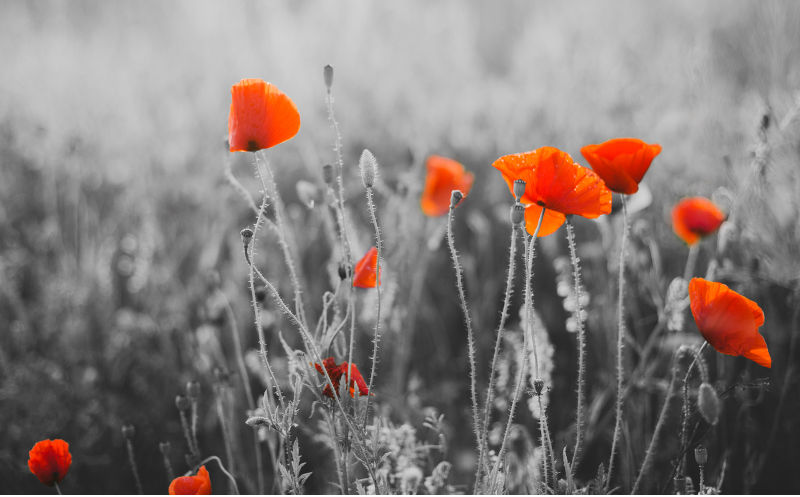Looking back on Remembrance Day
November 12, 2025
Remembrance Day should be one on which thoughts turn to peace. Instead it tends to lead us in the opposite direction.
As a child in the UK, I was taken to the Remembrance Day ceremonies by my father, who had served in the (British) Royal Tank Regiment during World War II. November can be quite chilly in the UK, and that added something to the experience, helping to imprint it on my own memory..
Now, for for more than a decade, with colleagues from our local “peace group”, I have attended the ceremony at the Cenotaph in Martin Place (Sydney). We have consistently carried the message “Honour the War Dead, by Ending War!”, which I understand to be a slogan first coined by the Quakers. One year, when we carried that message on a banner, we discovered that it was so confronting as to cause actual resentment. Some members of the military were clearly, deeply offended. Consequently, not wishing to cause any offence, we now choose to stand outside the cordoned off area.
To those who think about or discuss such things, bringing an end to war should be the simple, obvious and perfect way to honour the war dead.
While it may bring out the best (as well as the worst) in people, there is no doubting that war is altogether a ghastly business. There is no escaping the tragedy of the death, destruction, injury and misery that it always brings. It is entirely appropriate that those who have died should be remembered and honoured.
However, reflecting on the fact that most of the “war dead” of recent wars have been in the civilian population, why are those deaths not also commemorated on Remembrance Day? Did the families of children whose lives were cut short suffer any less than those with loved ones in military uniforms? Should “Lest We Forget” only apply to those who serve in the armed forces?
Which leads one to wonder if there is nostalgia for war. There is definitely a nostalgic flavour to the customary ceremony. It may even be that war is a societal habit that cannot easily be broken or escaped. The response to our message from certain members of the armed services indicates some persistent sense that waging war is a good thing to do. For some, serving the nation on the battlefield is something to aspire to – a worthy calling, even.
On the other hand, many who have witnessed actual military action have no desire to repeat the experience. A friend of mine, once a member of the US Marines, publicly threw away his campaign medals, following his experience in Iraq. He is by no means alone. If such past members of the armed services attend Remembrance Day ceremonies, they may honour their lost comrades – but would they subscribe to the ethos that the ceremony displays and perpetuates?
For Remembrance Day, when young boys wear old, dead men’s medals, bring to mind a poem by Wilfred Owen. His poem takes its final line as its title. After describing the horror of watching the victim of a gas attack die, he finishes:-
“My friend, you would not tell with such high zest, to children ardent for some desperate glory, the old lie ‘Dulce et decorum est pro patri mori’."
Remembrance Day was originally called Armistice Day. The return of peace on 11 November 1918 was a cause for celebration. Peace is in desperately short supply at present and the world needs as much of it as it can get. 11 November should be an occasion turn the nation’s face away from war and towards peace. The unfortunate thing is that it tends to do precisely the opposite.
The views expressed in this article may or may not reflect those of Pearls and Irritations.


